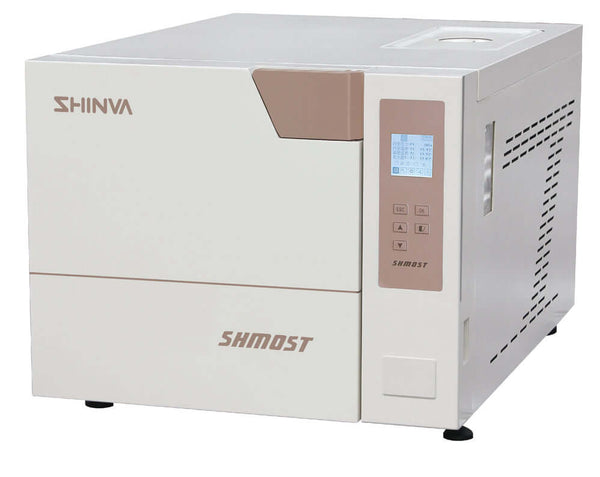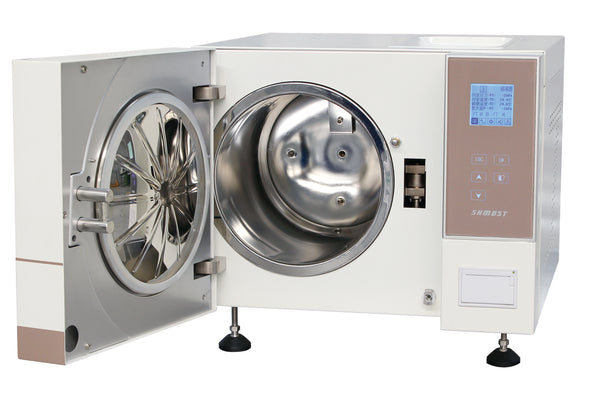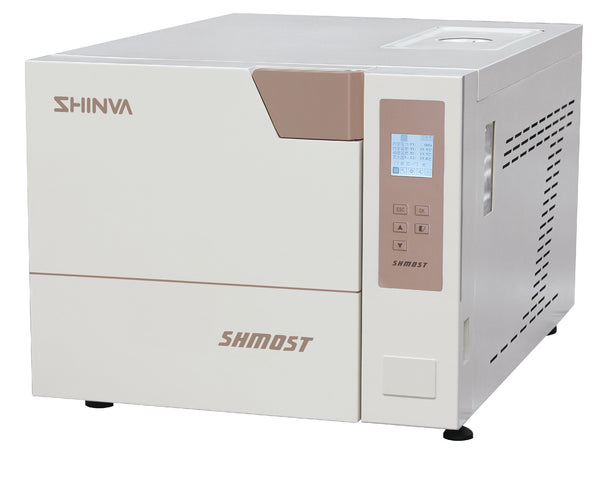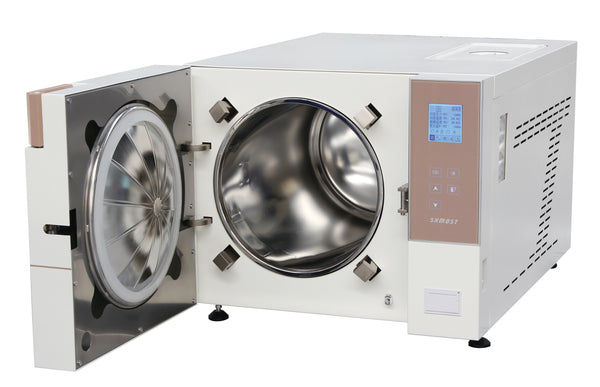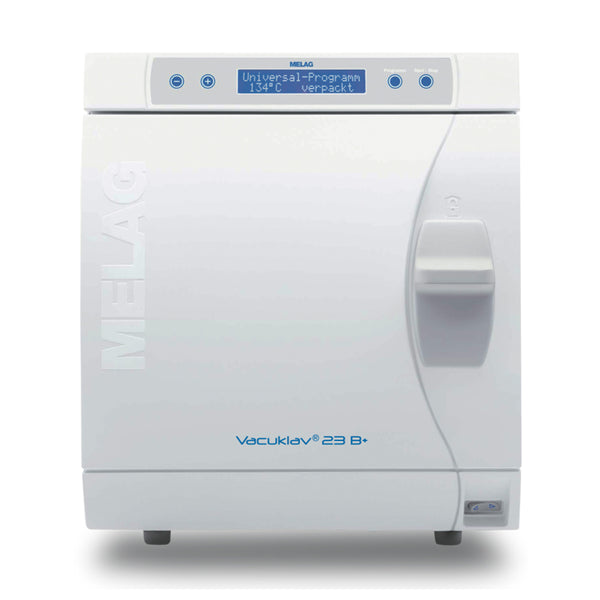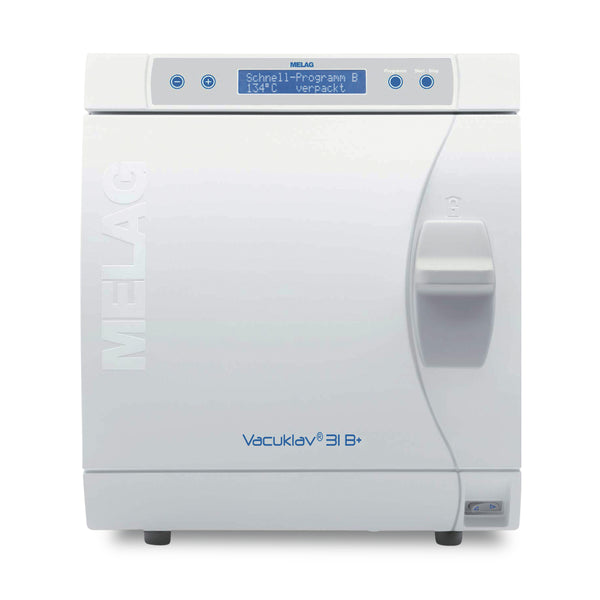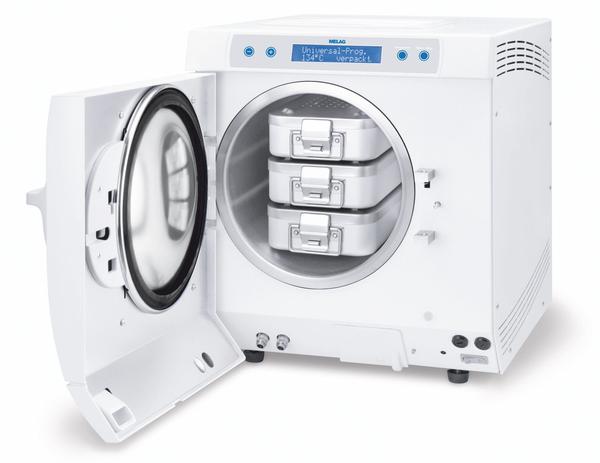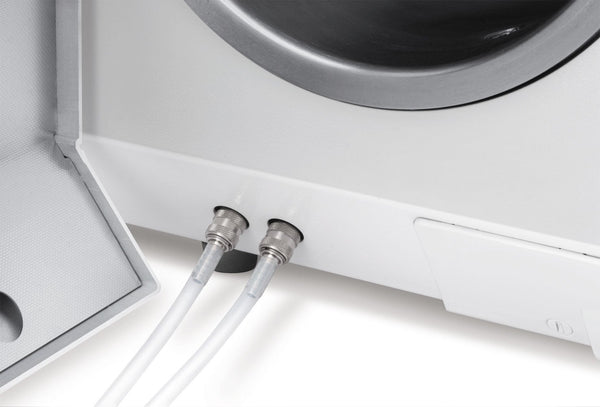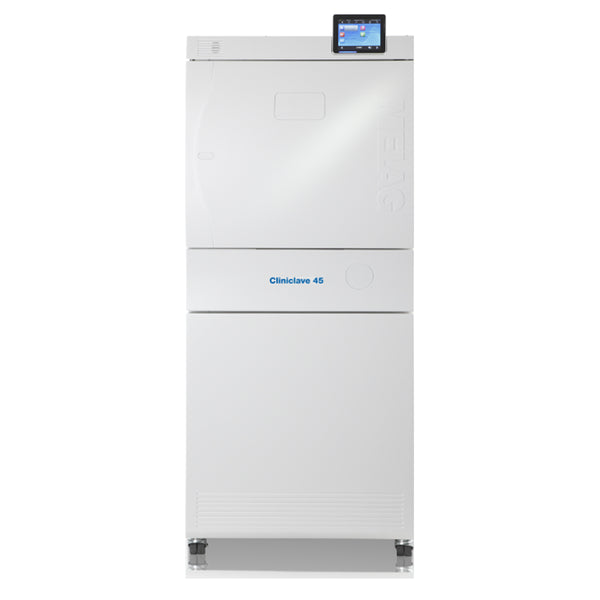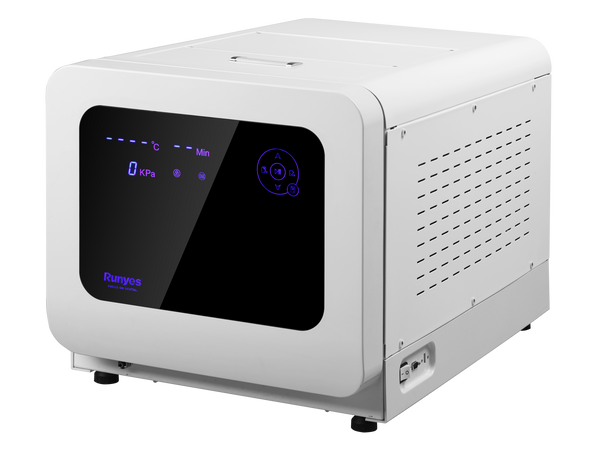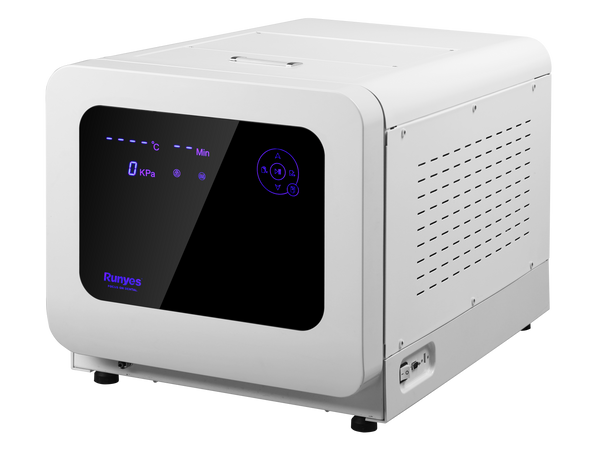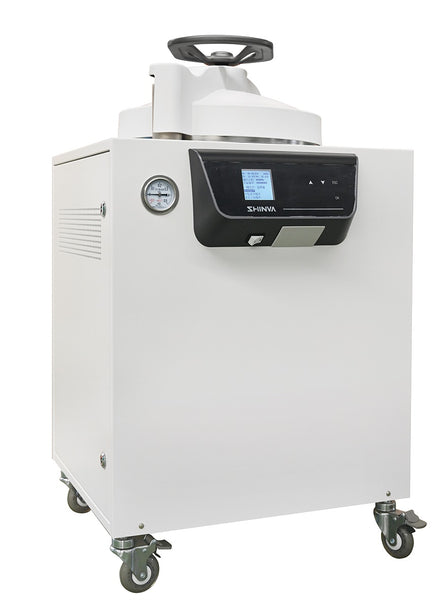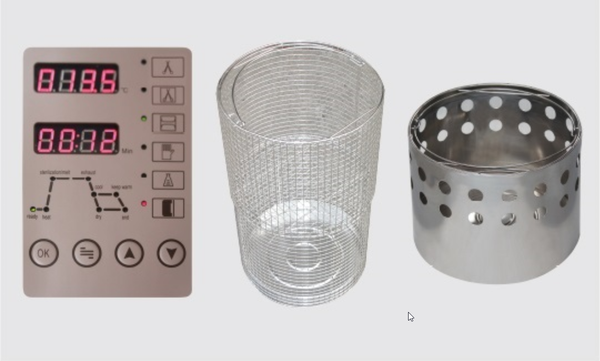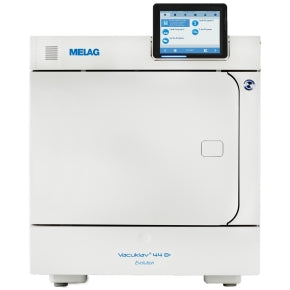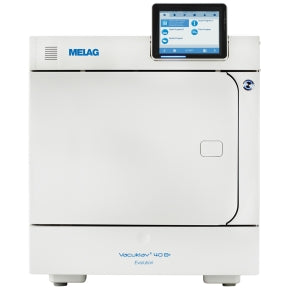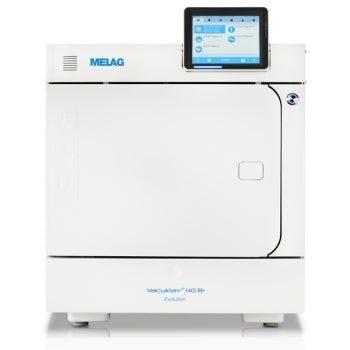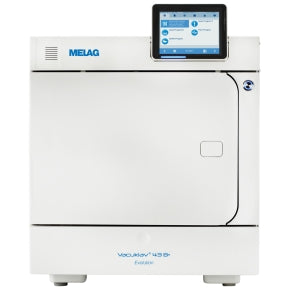Autoclaves & Sterilisers
Autoclave
In the world of healthcare and scientific research, maintaining the highest standards of cleanliness and sterility is non-negotiable. This is where autoclaves, also known as steam sterilisers, play a crucial role. If you're part of a university laboratory, veterinary clinic, dental office, or any medical practice, understanding the significance of autoclave machines can transform your operations, ensuring safety and compliance with health regulations.
Understanding Autoclaves: Crucial Tools in Sterilisation
Autoclaves are indispensable devices in various fields, revolutionising sterilisation processes across industries such as healthcare, laboratories, and even tattoo parlors. This essay explores the functionality, applications, and benefits of autoclaves, shedding light on their critical role in maintaining safety and hygiene standards.
Autoclaves are not merely machines; they are essential guardians of health and safety in diverse settings. Their ability to eliminate harmful microorganisms with precision and efficiency makes them indispensable tools in modern sterilisation practices. Whether in hospitals, laboratories, or specialised studios, autoclaves play a pivotal role in ensuring the safety of patients, researchers, and clients alike.
For businesses and institutions seeking reliable sterilisation solutions, investing in quality autoclaves is not just a choice but a necessity. By harnessing the power of autoclaves, organisations uphold their commitment to cleanliness and infection control, ultimately safeguarding public health and well-being.
What is an Autoclave?
An autoclave is a highly effective device designed to sterilize equipment and supplies by using high-pressure saturated steam at temperatures of 121°C (250°F) or more. This process eliminates all forms of microbial life, including bacteria, viruses, fungi, and spores. The autoclave achieves this through a combination of heat, steam, and pressure, which are far more effective than simple boiling or chemical disinfectants.
The Mechanism Behind Autoclaves
Autoclaves operate through a series of sophisticated steps. First, the machine's chamber is loaded with the items to be sterilized. Once sealed, the autoclave removes air from the chamber, typically through a vacuum pump. Steam is then introduced into the chamber, displacing any remaining air and creating a high-pressure environment. The combination of heat and pressure is maintained for a specific duration, ensuring all microorganisms are destroyed. Finally, the chamber is depressurized, and the items are allowed to dry before they can be safely handled.
Why Autoclave Sterilization is Essential
- Absolute Sterility: Unlike other methods of disinfection, autoclaving guarantees the elimination of all pathogens. This is crucial in environments where sterility is paramount, such as in surgeries, laboratory experiments, and dental procedures.
- Compliance with Regulations: Health and safety regulations across various fields mandate the use of sterilization procedures that ensure complete eradication of harmful microorganisms. Autoclaves are often the standard equipment specified by these regulations.
- Preventing Infections: In medical and dental settings, the risk of infection from contaminated instruments can have serious consequences. Autoclaves help prevent healthcare-associated infections (HAIs), safeguarding both patients and staff.
- Cost-Effective: Investing in an autoclave can lead to long-term savings. Sterilized equipment can be reused rather than discarded, reducing the need for constant purchases of disposable items.
Applications in Various Fields
Universities and Research Laboratories
In academic and research settings, autoclaves are indispensable. They are used to sterilize laboratory instruments, culture media, glassware, and even biological waste. This ensures that experiments are not compromised by contamination and that hazardous materials are rendered safe for disposal. Autoclaves support rigorous scientific inquiry by maintaining a sterile environment essential for accurate and reliable results.
Veterinary Clinics
For veterinary clinics, autoclaves are vital in maintaining the health and safety of animal patients. From surgical tools to grooming equipment, every item that comes into contact with animals needs to be sterilized to prevent cross-contamination and infections. Autoclaves also play a critical role in controlling zoonotic diseases, which can transfer from animals to humans.
Dental Offices
In dental practices, the use of autoclaves ensures that instruments used in procedures such as extractions, fillings, and cleanings are sterile and safe. This not only protects patients from potential infections but also maintains the credibility and trustworthiness of the dental practice. Autoclaves help dental professionals adhere to stringent hygiene standards, promoting overall oral health.
Medical Clinics
Medical clinics, whether they specialize in general practice, surgery, or specialty areas, rely on autoclaves to sterilize a wide range of instruments. From scalpels and forceps to syringes and dressings, every tool must be free of pathogens to provide safe and effective care. Autoclaves ensure that clinics meet the highest standards of patient care and regulatory compliance.
Choosing the Right Autoclave
When selecting an autoclave for your facility, consider the following factors:
- Size and Capacity: Choose an autoclave that fits the volume and size of items you need to sterilize. Smaller clinics may opt for compact models, while larger facilities might need high-capacity units.
- Cycle Time: Efficient cycle times can increase productivity by allowing more items to be sterilized in a shorter period. Consider autoclaves with quick turnaround times.
- Ease of Use: Look for user-friendly models with clear instructions and automated features to simplify the sterilization process.
- Maintenance and Support: Ensure the autoclave you choose comes with reliable customer support and maintenance options to keep it functioning optimally.
Conclusion
Autoclaves are the cornerstone of sterilization in various professional fields. Their ability to provide absolute sterility, compliance with health regulations, and prevention of infections makes them an indispensable tool in universities, veterinary clinics, dental offices, and medical practices. By investing in a high-quality autoclave, you ensure the safety and well-being of your patients, staff, and research integrity. Embrace the power of autoclave sterilization and uphold the highest standards of hygiene and safety in your practice.


